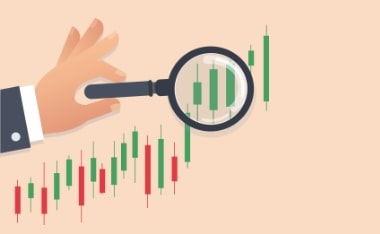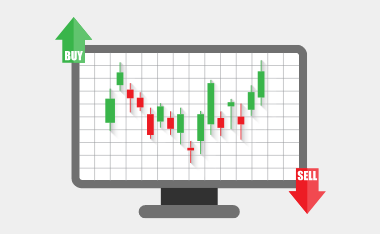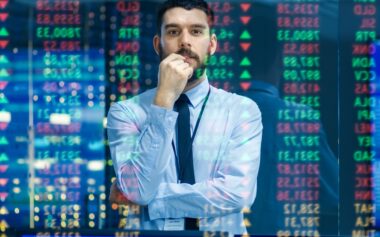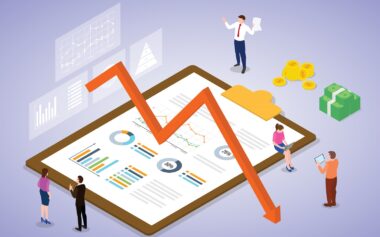The Importance of Financial Responsibility for Forex Traders
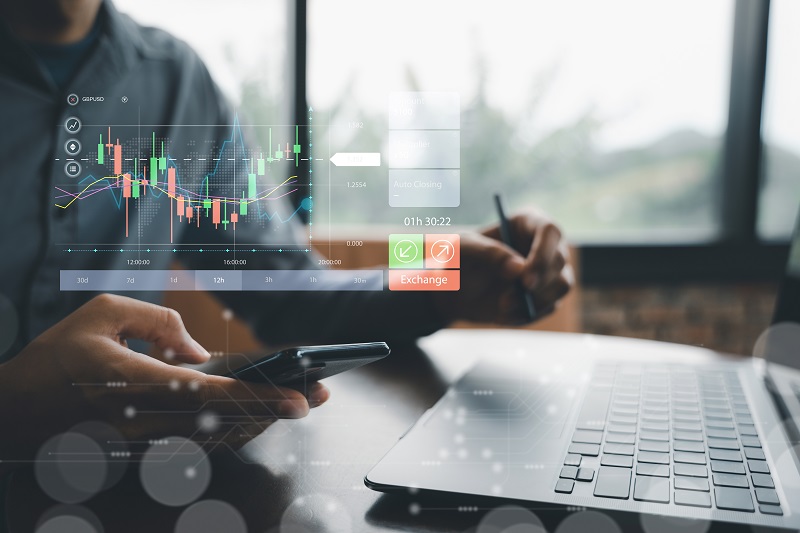
Forex trading offers significant opportunities for profit but also comes with substantial risks.
In a market that operates 24 hours a day, five days a week, with trillions of dollars exchanged daily, it can be easy to get caught up in the excitement and potential rewards.
However, without a strong foundation of financial responsibility, even the most promising trading strategies can lead to significant losses.
Financial responsibility is not just about managing trades; it’s about a comprehensive approach that includes budgeting, risk management, and emotional discipline.
For forex traders, being financially responsible is essential to achieving long-term success and avoiding the pitfalls that can derail a trading career.
Understanding the Risks of Forex Trading
Before diving into the specifics of financial responsibility, it’s important to acknowledge the inherent risks involved in forex trading.
The forex market is highly leveraged, meaning that traders can control large positions with a relatively small amount of capital.
While leverage can amplify profits, it can also magnify losses.
A single bad trade can wipe out a significant portion of a trader’s account, especially if they are not employing proper risk management techniques.
Moreover, the forex market is influenced by a myriad of factors, including economic data releases, geopolitical events, and market sentiment.
These factors can cause sudden and unpredictable price movements, making it challenging even for experienced traders to predict market direction accurately.
In this volatile environment, financial responsibility becomes the safety net that protects traders from the market’s inherent uncertainties.
The Role of Budgeting in Forex Trading
One of the cornerstones of financial responsibility is budgeting.
Just as in personal finance, having a clear budget in trading is crucial.
A trading budget helps traders set limits on how much capital they are willing to risk and ensures that they do not overextend themselves.
This involves determining the amount of capital to allocate to trading and setting aside funds for other financial obligations, such as living expenses, savings, and emergency funds.
A well-structured trading budget should also include provisions for ongoing education and development.
The forex market is constantly evolving, and staying informed about new strategies, market conditions, and trading technologies is vital.
Allocating funds for courses, books, and trading software can help traders stay competitive and improve their skills over time.
Risk Management: The Key to Longevity
Risk management is another critical aspect of financial responsibility in forex trading.
It involves setting clear rules for how much capital to risk on each trade, determining stop-loss levels, and maintaining a diversified trading portfolio.
The goal of risk management is to protect the trader’s capital from significant losses and ensure that they can continue trading even after a series of losing trades.
One common rule of thumb in forex trading is to never risk more than 1-2% of your trading capital on a single trade.
Some inexperienced traders follow this concept by only allocating that percentage of their available funds to a trade position size. This incorrectly presumes that you will lose everything in that trade on a negative result.
A smarter way is use a stop loss strategy in your trade management to limit the potential loss for each trade to no more than 1-2% of your trading capital.
This approach helps to limit losses and ensures that a few bad trades do not wipe out your entire account.
Setting stop-losses is equally important, as it allows traders to exit a trade when the market moves against them, preventing small losses from becoming catastrophic.
Diversification is another key element of risk management.
By spreading investments across a group of strong currency pairs and trading strategies, traders can reduce their exposure to any single market movement.
This approach helps to smooth out the inevitable ups and downs of trading and provides a more stable return over the long term.
The Importance of Emotional Discipline
Emotional discipline is often overlooked in discussions of financial responsibility, but it is perhaps the most challenging aspect for many traders.
The forex market can trigger strong emotions, from the excitement of a winning streak to the frustration of a losing trade.
These emotions can lead to impulsive decisions, such as chasing losses or abandoning a well-thought-out trading plan to chase unrealistic dream profits (the unicorn!).
Being financially responsible means maintaining emotional discipline and sticking to your trading plan, regardless of the market’s ups and downs.
This involves setting realistic expectations, accepting that losses are a natural part of trading, and avoiding the temptation to make emotional decisions.
Traders who can manage their emotions are more likely to make rational decisions, stick to their risk management rules, and avoid the common pitfalls that lead to financial ruin.
Individual Responsibility in Australian Forex Trading
For Australian traders, the concept of individual responsibility takes on additional significance.
In Australia, forex trading is subject to regulatory oversight by the Australian Securities and Investments Commission (ASIC), which enforces strict guidelines to protect retail traders.
However, while these regulations provide a level of security, the onus remains on the individual trader to ensure they are trading responsibly.
Individual responsibility means understanding the legal and regulatory environment in which you are operating.
Australian traders must be aware of the rules governing leverage, margin requirements, and the reporting of gains for tax purposes.
Ignorance of these rules can lead to unintended legal consequences, including fines or penalties.
Furthermore, individual responsibility extends to the ethical dimension of trading.
Traders must ensure they are not engaging in practices that could be deemed manipulative or fraudulent.
This includes being transparent in their dealings, maintaining accurate records, and adhering to the principles of fair trading.
Being financially responsible is not just about protecting your own capital; it’s about contributing to a fair and transparent trading environment.
The Long-Term Perspective: Building Wealth Gradually
Forex trading is not a get-rich-quick scheme.
While it is possible to make significant profits, it is also possible to lose substantial amounts of money.
Being financially responsible means adopting a long-term perspective and focusing on building wealth gradually rather than chasing short-term gains.
This approach involves setting realistic profit targets, reinvesting profits into your trading account, and continually improving your trading skills.
Over time, small, consistent profits can compound and lead to significant growth in your trading account.
By focusing on steady, sustainable growth, traders can build a solid financial foundation and achieve long-term success in the forex market.
Avoiding Common Financial Pitfalls
There are several common financial pitfalls that traders must avoid to maintain financial responsibility.
One of the most significant is overleveraging.
While leverage can increase profits, it also increases risk.
Traders who overleverage their positions are more vulnerable to market volatility and are at greater risk of experiencing significant losses.
Another common pitfall is failing to adapt to changing market conditions.
The forex market is dynamic, and strategies that worked in the past may not be effective in the future.
Financially responsible traders regularly review their trading strategies, analyse their performance, and make adjustments as needed to stay aligned with the current market environment.
Lastly, traders must avoid the temptation to chase losses, known as a Revenge Trading Spiral.
After a losing trade, it can be tempting to increase position sizes or take on more risk in an attempt to recover losses quickly.
However, this approach often leads to even greater losses and can quickly spiral out of control.
Financial responsibility means accepting losses as part of the trading process and sticking to your risk management rules, even when the market is not in your favour.
Conclusion: The Path to Sustainable Success
In forex trading, financial responsibility is the foundation upon which sustainable success is built.
By budgeting wisely, managing risk effectively, maintaining emotional discipline, and avoiding common financial pitfalls, traders can protect their capital, minimise losses, and increase their chances of long-term profitability.
Forex trading offers exciting opportunities, but it also demands a high level of financial responsibility.
Traders who take the time to develop strong financial habits, adhere to a well-defined trading plan, and focus on gradual, sustainable growth are more likely to achieve their financial goals and navigate the challenges of the forex market with confidence.
In the end, being financially responsible is not just about protecting your trading account; it’s about laying the groundwork for a successful and fulfilling trading career.
Disclaimer
The information in this article is intended to be general information in nature and is NOT general financial product advice, nor personal financial product advice.
It does not take into account your objectives, financial situation or needs.
Past performance is not necessarily indicative of future performance.
Any results on our website, including this page, are illustrative of concepts only and should not be considered average results, or promises for actual or future performance.
The Trading Coach International does not operate under an Australian Financial Services Licence (AFSL), as the services we provide do not require one.
Speak with your registered financial advisor before making any financial decisions.

